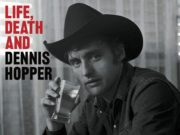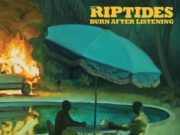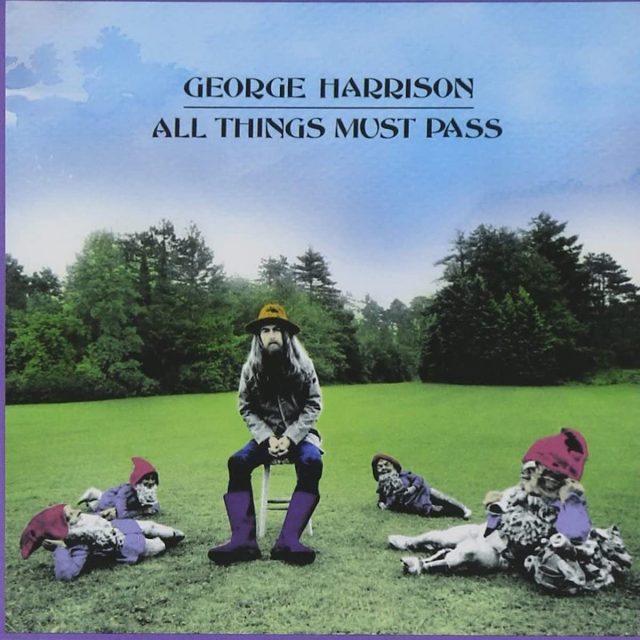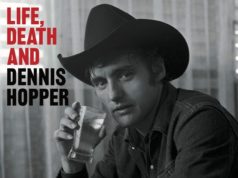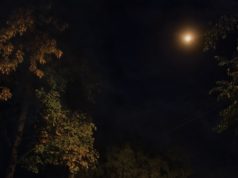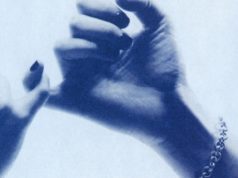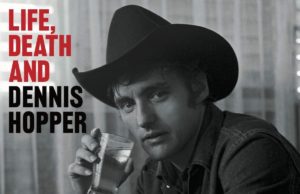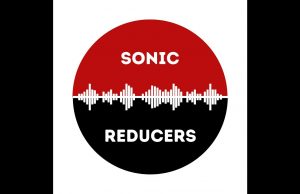This album came out a couple of decades ago. Here’s what I said about it back then (with some minor editing):
Both musically and popularity-wise, George Harrison has always been No. 3 in The Beatles hierarchy — below John and Paul, but definitely above Ringo.
On The Fab Four albums, he wrote few tunes, had less input than Lennon and McCartney and seldom took the spotlight. So it’s no wonder that his first post-Beatles album All Things Must Pass, was a mammoth, three-album box drawing on a backlog of unused tracks. He may have been The Quiet Beatle, but Georgie boy obviously had a few things he’d wanted to get off his chest for quite some time.
Now 30 years old, All Things Must Pass is making a second pass. It’s been digitally remastered, repackaged and reissued in a deluxe two-disc anniversary edition. And it includes a handful of previously unreleased bonus tunes and one new track, creating a mix of nostalgia and contemporary sure to woo the faithful. In his liner notes, Harrison says he toyed with the idea of remixing the whole album and erasing all of producer Phil Spector’s wall-of-sound reverb and echo. Thankfully, cooler heads prevailed — although you have to admit that the ensuing outrage and uproar would have been entertaining. But the truth is, classics like My Sweet Lord, What Is Life and If Not For You simply should not be messed with, even by (and perhaps especially by) the guy who wrote them.
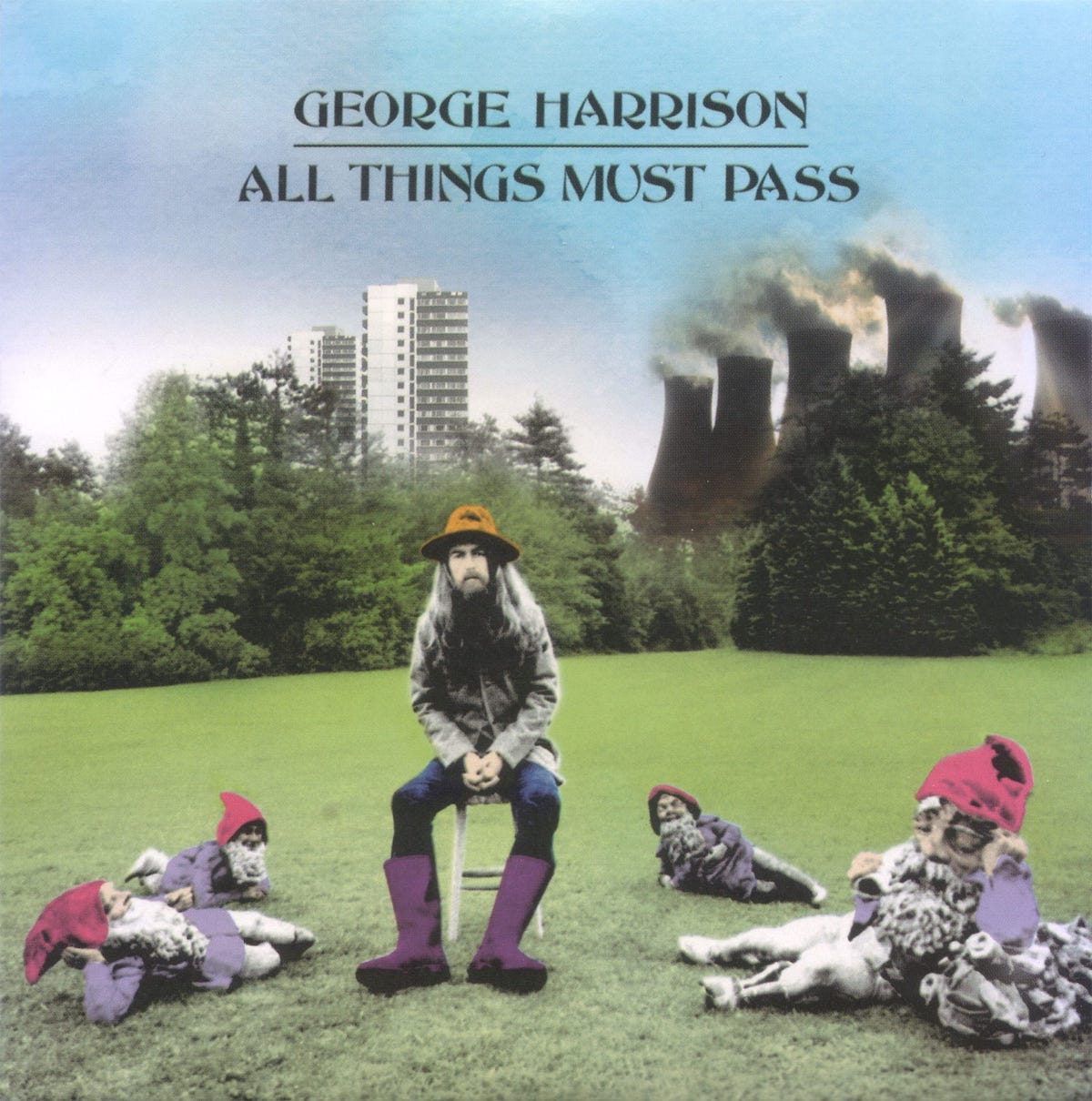
Besides, George obviously had plenty of other bits to muck about with here. He wrote some reminiscence-filled liner notes. He updated that classic cover shot of him sitting in Wellies in his garden surrounded by laughing gnomes, colourizing the print and Photoshopping in skyscrapers, nuclear cooling towers, jet planes, highway overpasses and gas stations on the disc’s inner sleeves and booklet. He finally supplied proper instrumental credits for the disc’s all-star lineup, which included Ringo, Ginger Baker, Eric Clapton and most of Derek and the Dominoes, members of Badfinger, Dave Mason, Gary Wright and even a pre-Genesis Phil Collins, supposedly playing congas on The Art of Dying. He restored the proper running order of the set’s jam disc, which had been rearranged to fit onto a vinyl album.
More importantly, he chose to include those five extra tracks, including I Live For You, a strummy, countryish midtempo ballad; an instrumental version of What is Life with extra orchestration; and a sitar-flecked remake of My Sweet Lord that’s interesting, but really pales next to the original. The two best rarities are acoustic-guitar demos of album tracks Beware of Darkness and Let it Down, recorded for Spector’s perusal. Despite (or perhaps due to) their raw, unvarnished immediacy, both these tracks are far more powerful and compelling than their fully produced counterparts. More than anything else here, they demonstrate Harrison’s talent as a singer-songwriter. (George also shows off his darkly dry wit on Beware of Darkness when he ad-libs, “Beware of ABKCO,” a swipe at former Apple business manager Allen Klein.)
Thanks to tracks like these, the 30th-anniversary version of All Things Must Pass gives us a new perspective on George. It might not be enough to move him up to No. 2 in The Beatles ratings, but at least it keeps him solidly ahead of Ringo.”


